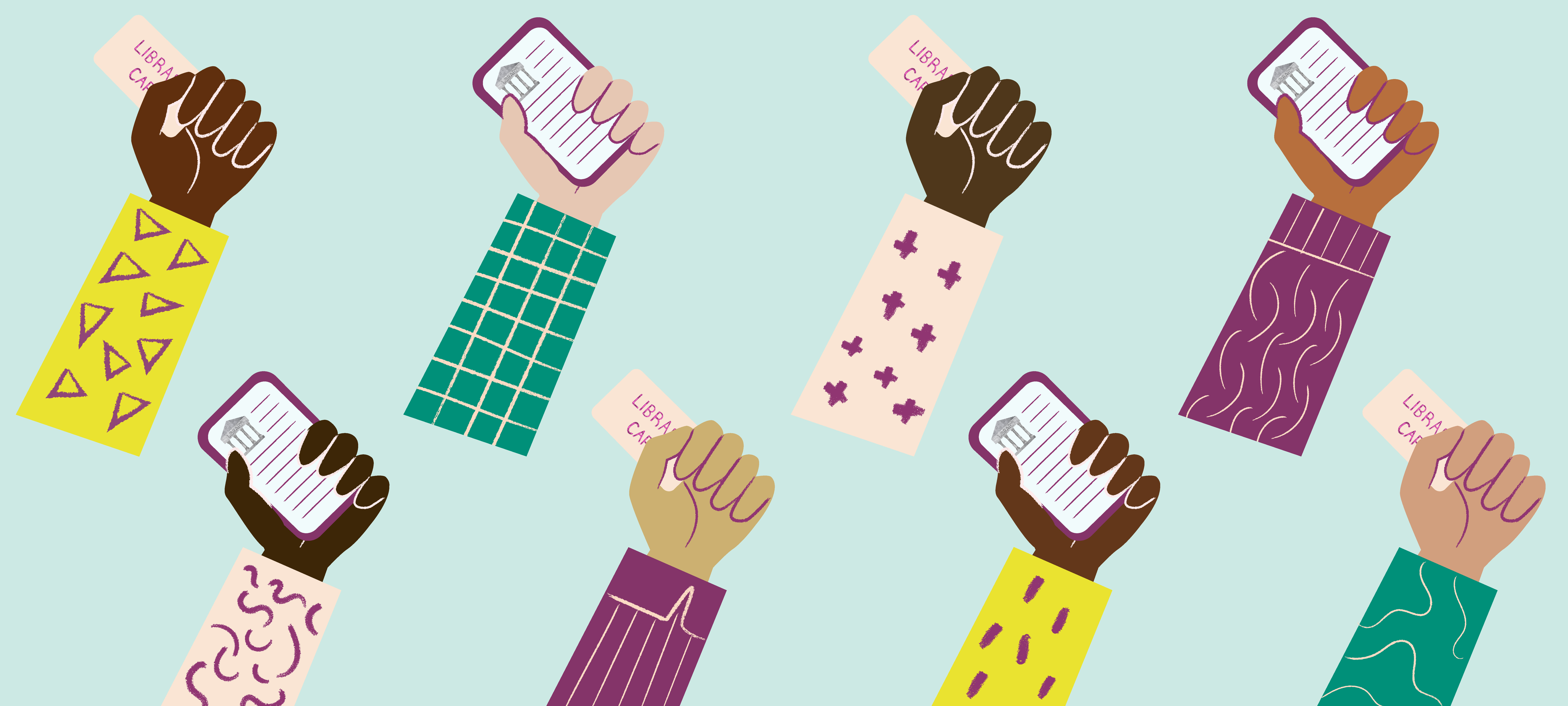Library Futures Releases Policy Statement and Draft eBook Legislative Language: Mitigating the Library eBook Conundrum Through Legislative Action in the States

Library Futures is excited to announce that we are launching our policy statement on eBooks.
Current eBook licensing practices are eradicating the central mission of libraries, with grave repercussions for equity and access to the world’s knowledge. The root of the issue is that while libraries buy print books in order to lend them to patrons, they can’t actually buy eBooks. Instead, they license the content from publishers. This means that publishers can set whatever terms they want in eBook licenses to libraries—or refuse to license them at all.
Librarians in many states are seeking to develop eBook laws that address these concerns of cost and restrictive licensing terms. As of June 2022, six states have active bills this session to address these issues. Maryland was the first state to pass an eBooks bill into law; however, a federal district court decision issued an injunction against the law in February 2022, on the basis that the law was unconstitutional because it was preempted by federal copyright law. In June 2022, the court determined that the Maryland eBooks law was unconstitutional. New York’s legislature had passed a “clone” of the Maryland bill, but the governor ultimately vetoed it, leading states to pivot from the legislative language that the court found problematic, and focus instead on state law.
As a result, current state bills contain differing provisions—some are facsimiles of the Maryland bill, with the problematic compulsory licensing language, and some are “hybrid” bills; in other words, they contain the problematic Maryland language, but are also couched in that state’s consumer protection statute. A chart summarizing the differences in the provisions of current eBook legislation can be found in our policy statement.
Library Futures supports legislation that aims to equitize the eBook marketplace. To that end, we have developed model legislative language that avoids the problematic Maryland language and that we therefore believe will hold up against legal challenges. In short, we propose model legislation grounded in state consumer protection, state contract law, state procurement law, and contract preemption. Our policy statement document explains the legal rationale behind our proposed model bill. You can also view an interactive map of current legislation and sign up for updates on Library Futures’s policy activities. Thank you to our community of experts for their edits, feedback, and input into this statement and bill, and thank you to Readers First and the community of library advocates who have worked for equitable ebook legislation in their states.
We look forward to working with you to ensure that libraries can fulfill their mission of preserving and providing broad, open, non-discriminatory, and equitable access to information and reading materials to the public. If you are interested in learning more or getting involved, please stay tuned for a webinar in early August. Until then, sign up for updates!
